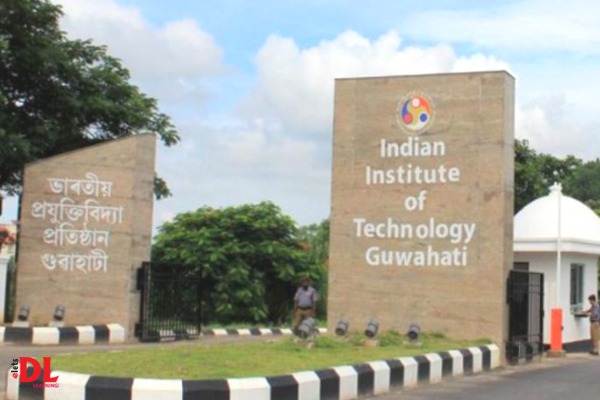
To meet the technology demands of rural India with an emphasis on healthcare delivery to the last-mile population, the Indian Institute of Technology (IIT) Guwahati has established the ICMR-DHR (Indian Council of Medical Research-Department of Health Research) Center of Excellence (CoE) for Biomedical Device and Diagnostics Innovation and Commercialisation.
The National Education Policy 2020 of the Government of India aligns with this multidisciplinary initiative, which brings together professors, researchers, entrepreneurs, doctors, and students from various departments to promote research and innovation in the field of healthcare innovation.
The initiative has been led by the Departments of Chemistry, Chemical Engineering, Biosciences and Bioengineering, Electronics and Electrical Engineering, and Design and Mathematics, among others.
According to the experts, the centre will be in charge of the creation of domestic tech-based alternatives, a few pilot-scale digital health kiosks, and the availability of essential diagnostic devices.
Sharing his views on the critical work underway at ICMR Mission Secretariat at IIT Guwahati, Director of IIT Guwahati, Prof. T.G. Sitharam stated, “This Centre is working towards realising the vision of Shri Narendra Modi, Hon’ble Prime Minister, that all IITs be involved in helping the nation in achieving the goals of ‘Atmanirbhar Bharat’ in the domain of healthcare technology development. The centre is envisioned to excel in the frugal innovations related to biomedical devices and develop a unique academia-industry model for product development related to med-tech innovation in the country.”
“The translational innovations proposed in the centre are expected to cater to the societal needs related to diagnostics and healthcare delivery, especially in rural India. The technologies innovated may also spur import substitution to materialise the dream of Make-in-India and Atmanirbhar Bharat,” Sitharam further added.
Commenting on the functioning of this Centre, Prof Dipankar Bandyopadhyay, Head, Jyoti and Bhupat Mehta School of Health Sciences and Technology, IIT Guwahati, said, “Cutting-edge scientific inventions are the foundation of all modern-day technologies, which helps in improving the quality of life of a human being in a significant way. However, the benefits of such inventions are yet to reach the rural population of India. In the next few decades, especially keeping the post-pandemic scenario in perspective, the focus of healthcare innovation would be to develop frugal technologies to cater to the needs of the last mile population.”
The ICMR Mission Secretariat’s primary goals involve finding biomarkers using microfluidic and semiconductor nanobiosensors to detect various non-communicable diseases (NCDs), including chronic kidney disorder, post diabetic complications, liver or pancreatic malfunctions, cardiac illnesses, and urinary tract infections.
Additionally, it aspires to create inexpensive point-of-care diagnostic devices for the collection, storage, security, and analysis of data specifically relevant to rural India.
A further objective is to develop three indigenous products in the domain of healthcare that can be commercially successful in the near future. And to innovate indigenous alternatives to healthcare devices imported from other countries under the Government of India’s ‘Atmanirbhar Bharat’ initiative.
Recently, the Indian Institute of Technology-Guwahati (IIT-Guwahati) bagged the seventh rank among engineering colleges in the National Institutional Ranking Framework (NIRF) 2022.



















